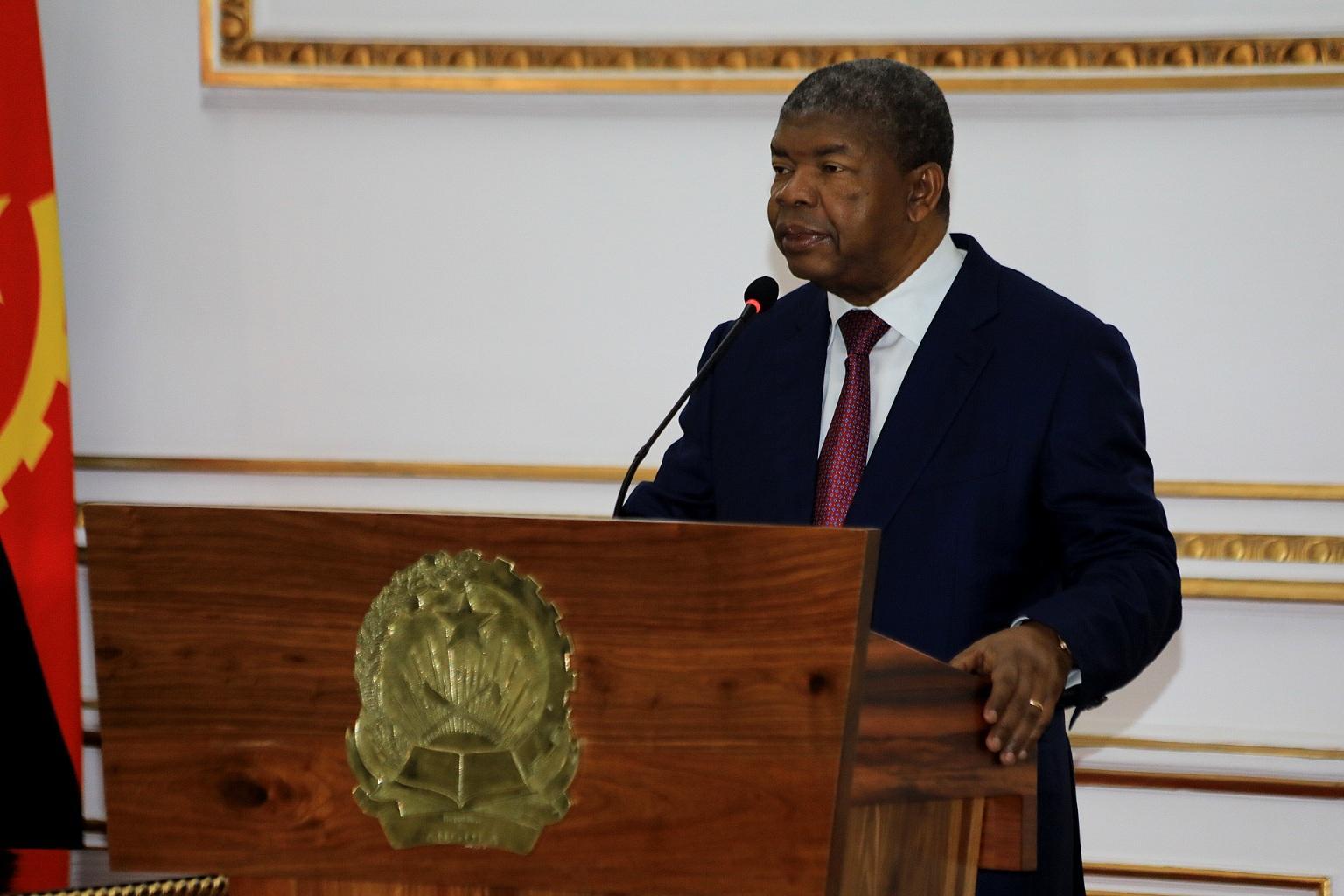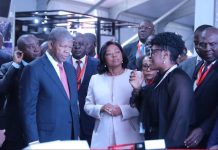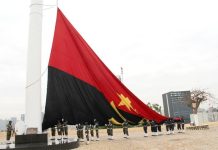Africa-Press – Angola. The Angolan economy recorded 3.5 percent growth during the first quarter of this year, driven primarily by the non-oil sector, which grew 5.4 percent.
The data is contained in the final communiqué of the Extraordinary Meeting of the Local Government Council, held this Saturday in Benguela, under the leadership of the President of the Republic, João Lourenço.
The document states that the national economy’s performance throughout the quarter, combined with the slowdown in inflation, resulted in the creation of approximately 1 million new jobs.
The report indicates economic growth of 1.04 percentage points, higher than the average of 2.46 percent seen since 2022, the year in which the country began to recover from the recessions accumulated over the previous six years.
It notes that the progress of the non-oil sector was supported by economic stimulus measures from the Economic Agenda, private initiatives and the implementation of priority actions provided for in the National Development Plan (PDN) 2023-2027.
The statement highlights that inflation continued a downward trend, falling from 27.5 percent in December 2024 to 19.73 percent in June 2025, “an effect that was positively reflected in national production.”
It also clarifies that, between the first quarter of 2024 and the first quarter of 2025, the unemployment rate fell to 29.4 percent.
Kwenda Program
The Kwenda Program, whose main feature is the direct transfer of income to families in vulnerable and poverty-stricken situations in Angola, made cash transfers to 1,336,485 households.
The document also highlights the implementation of more than 50 community savings accounts, promoting agricultural production and small businesses.
Furthermore, family empowerment initiatives were developed through the Jango de Valores project, new schools were built, and new hospitals were established to expand access to education and healthcare.
The Council recognises, however, that many challenges remain, mainly related to financing.
It reaffirms that the Development Plan has ensured a gradual recovery of the economy, a reduction in inflation, unemployment, fiscal sustainability, expansion of the road network, new infrastructure in energy, water and housing, in addition to the continuity of cash transfers.
Among the recommendations of the meeting, emphasis was placed on the integration of production chains, use of raw materials and local labor to generate youth employment, balanced protection of the internal market, revitalization of the manufacturing industry, stimulation of the local transformation of mineral resources and mobilization of the financial system to support the primary sector and small and medium-sized enterprises.
Social welfare
The Council reaffirms the Executive”s commitment to ensuring sustainable growth, social welfare and national sovereignty.
The Local Governance Council is the collegiate body that assists the President of the Republic in the formulation and monitoring of the implementation of the governance policies of the State Administration at the local level.
It meets twice a year under the direction of the President of the Republic and is attended by the Vice-President, ministers of state, holders of various ministries, provincial governors and other relevant entities.
For More News And Analysis About Angola Follow Africa-Press






